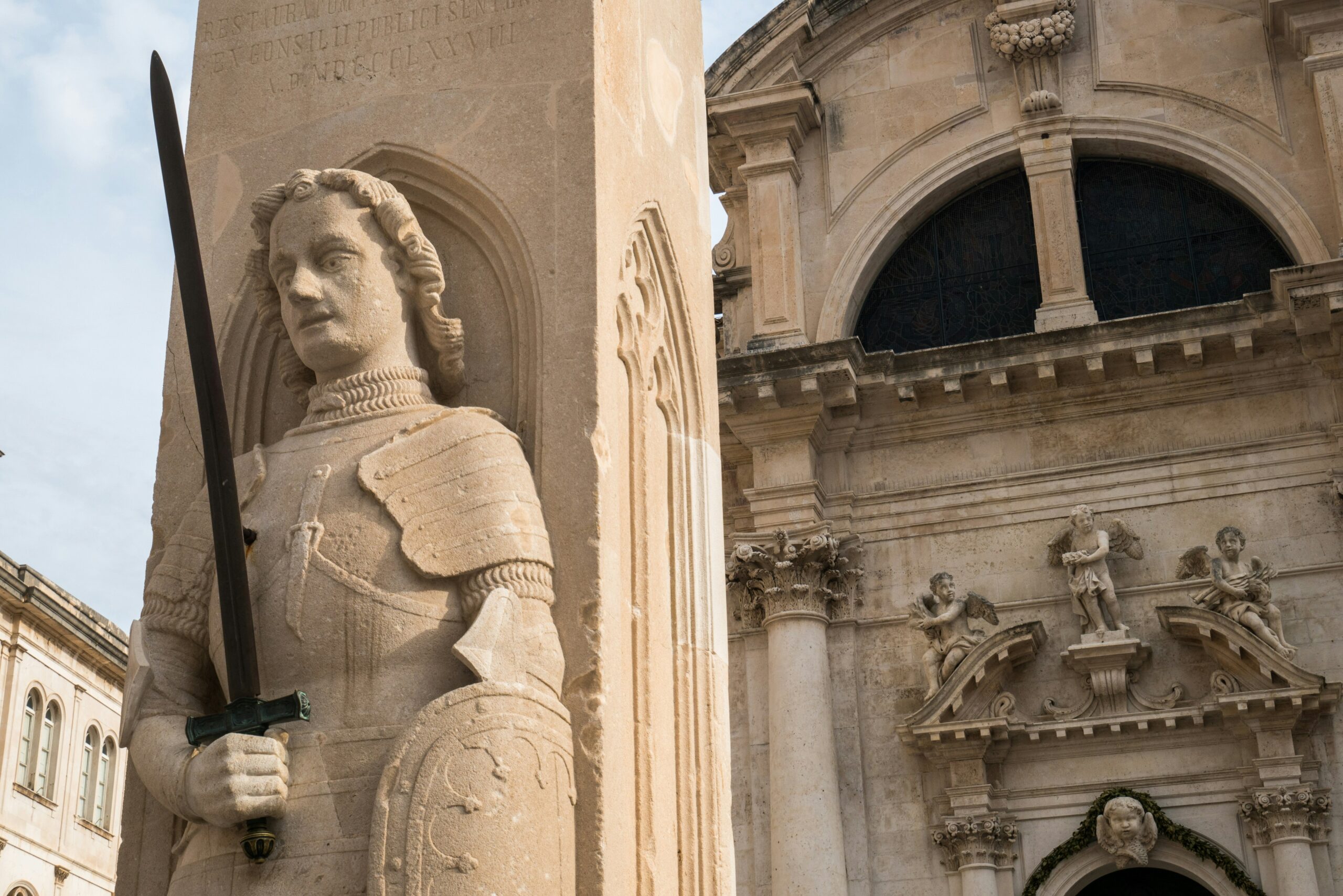
When we think about history, many of us picture old books, dusty artifacts, or official documents. These items certainly hold value, but history is also alive in the stories people tell. Oral histories are personal accounts passed down through generations, capturing moments that might otherwise never be recorded. They bring the past closer to us, full of emotion, detail, and life.
Oral histories are essential because they preserve memories that might otherwise fade away. They give us insight into the everyday lives, struggles, and celebrations of ordinary people. By listening to these voices, we keep heritage alive in a way that connects us deeply to our roots and helps us understand who we are today.
What Are Oral Histories?
Oral histories are spoken memories shared by individuals or communities about their experiences and traditions. These stories might come from interviews, family conversations, or community gatherings. Unlike written records, oral histories rely on voice and memory, offering personal perspectives on history that official records may overlook.
They are especially important in cultures or groups where written documentation is limited. These stories convey knowledge, values, and customs from one generation to the next, serving as a bridge between the past and the present. Through oral histories, we gain access to the diverse voices that shape our world.
Why Do Oral Histories Matter?
Oral histories matter because they protect culture and identity in a way that is personal and meaningful. When elders share stories of rituals, traditions, or daily life, they help preserve customs that could disappear over time. These stories create a living heritage that communities can celebrate and pass on.
In addition, oral histories bring light to voices often ignored by mainstream history. Many stories from marginalized groups remain absent from textbooks and archives. Through oral histories, these perspectives become part of the shared record, enriching our understanding of history and making it more inclusive.
How Oral Histories Preserve Heritage
One of the key roles oral histories play is in capturing memories before they are lost. When stories are recorded on tape or video, they preserve the sound, emotion, and personality of the storyteller. This allows future generations to connect directly with their ancestors powerfully and intimately.
Oral histories also support education and community bonds. Schools and cultural organizations use these stories to teach history with greater impact. Sharing oral histories within communities fosters respect for traditions and builds a stronger sense of belonging. Together, these effects help maintain heritage for years to come.
Challenges in Preserving Oral Histories
Despite their value, oral histories face several challenges. Memories can fade, and stories may change over time. If stories are not captured, there is a risk that important histories could disappear forever. This is especially urgent when older generations pass away.
Additionally, oral histories are naturally subjective, reflecting personal views rather than objective facts. This can make it difficult to verify details. It’s essential to view these stories as part of a larger historical narrative. Proper recording methods and respectful interviewing are also necessary to protect the quality of these histories.
How We Can Support Oral History Preservation
Anyone can take simple steps to help preserve oral histories. Start by listening carefully to elders in your family or community. Use your phone or a recorder to capture their stories, asking open-ended questions to encourage them to share detailed memories. These recordings can become precious keepsakes for the future.
Sharing these stories widely also helps. You might contribute to local archives, schools, or cultural projects that collect oral histories. Supporting organizations dedicated to this work through volunteering or donations ensures that the tradition of storytelling continues. Encouraging others to share their experiences strengthens community ties and keeps heritage alive.
In today’s rapidly changing world, oral histories provide a vital link to our roots. They help us understand the struggles and joys of those who came before us and remind us that history is more than facts and dates—it’s the lives and voices of people. By honoring these stories, we keep our heritage alive and meaningful for future generations.
Balancing Development and Preservation in Heritage Conservation
Heritage conservation is a vital aspect of preserving our history. It involves protecting old buildings, sites, and cultural landmarks that tell the stories of our past. But in a rapidly changing world, preserving these treasures often clashes with the need for new development. Cities grow, populations rise, and the demand for modern infrastructure continues to increase. This creates a tough balancing act between saving history and making room for progress.
Heritage sites offer more than just old walls and faded paintings. They connect us to the people who came before us. These places hold memories and traditions. They show how societies evolved, how people lived, and how cultures blended. Without conservation, these links to our past may disappear forever.
Preserving heritage also benefits communities today. Well-maintained historic areas attract tourists, which supports local economies. They provide spaces where people feel a sense of identity and pride. These places remind us who we are and where we come from. Losing them would mean losing a part of ourselves.